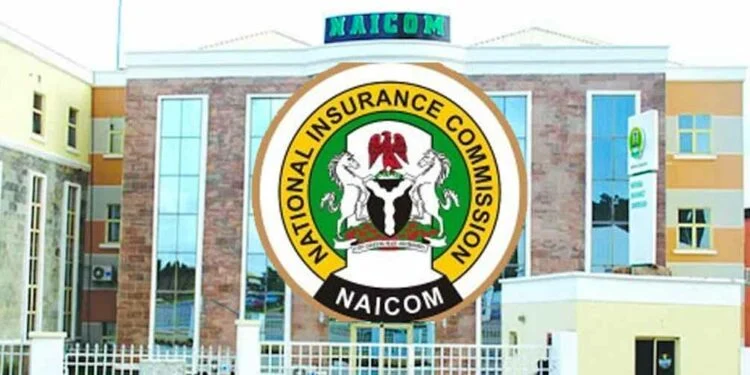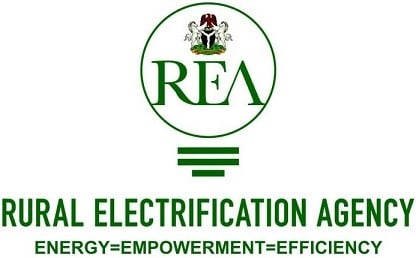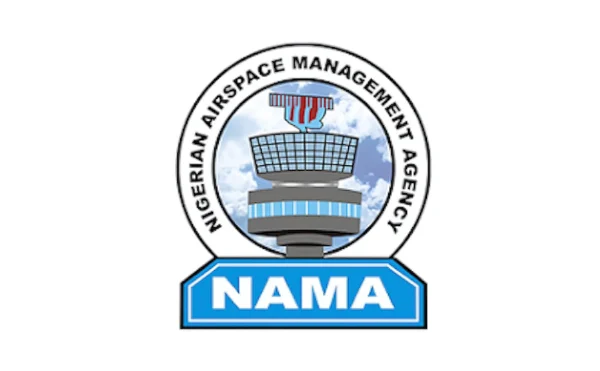The Nigerian government announced that the Federal Inland Revenue Service would take over as the sole collector of all taxes in the country, replacing other organizations such as the Nigerian Customs Service and the Nigerian Communications Commission.
The President’s Committee on Tax Policy and Fiscal Reforms’ chairman, Mr. Taiwo Oyedele, said this in an interview with Channels TV on Wednesday.
According to him, since customs is not set up to collect taxes, it can now concentrate on trade facilitation and border protection, while the NCC may regulate telecommunications.
Mr. Oyedele mentioned in the interview that Nigeria has among the lowest tax revenues in the world.
“Ironically, one of the largest collecting costs is ours. And the fact that we have so many different agencies is the reason why. The 2023 budget had revenue projections for 63 MDAs under the Federal Government alone.
“Two, consequences would follow from that: first, these organizations are diverted from carrying out their main duty, which is to support the economy. Second, they weren’t designed to generate income, thus they won’t be able to do it effectively.
“As a result, transfer those revenue collection functions to the FIRS.” It has two benefits: it will lower collection costs and increase efficiency, these individuals will concentrate on their tasks, and the economy as a whole will gain from it,” he said.
As a result, Mr. Oyedele noted, these organizations will put more emphasis on providing services than on generating cash.
“If you work for customs, concentrate on facilitating trade and securing the border; if you work for the NCC, just control telecoms. You’re not set up to collect revenue.
“It may be your income, and somebody else could collect it on your behalf. You will be able to see what is being gathered and how it is properly accounted for, which will increase transparency.
“The tax expert added that it is also a means for us to hold ourselves accountable for how we use the money we receive from the public.”
The committees will adhere to their single aim, he stressed, and the presidential committee would look into excessive bank charges. He added that he anticipates criticism from stakeholders and others who stand to gain from the process.
He also emphasized that Nigeria has a sizable tax gap that is projected to be around N20 trillion and urged people to concentrate more on the few key taxes, including the Value Added Tax, Corporate Income Tax, and Personal Income Tax.
“In fact, we plan to repeal many of the taxes that currently make doing business difficult without introducing new ones and yet collect more,” he added.
Initiating the Presidential Committee on Fiscal Policy and Tax Reforms on Tuesday, President Bola Tinubu charged the group with halting the cycle of excessive borrowing for public spending that results in the burden of debt payment. The committee had been cleared for creation last month.
Additionally, he stated that the Federal Government would achieve an 18% tax-to-GDP ratio in three years.
The committee’s one-year mandate, which is broken down into three key areas, fiscal governance, tax reforms, and growth facilitation was given by the president to them.










